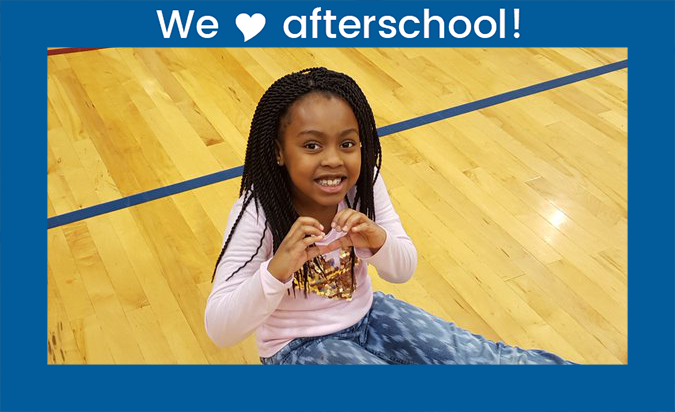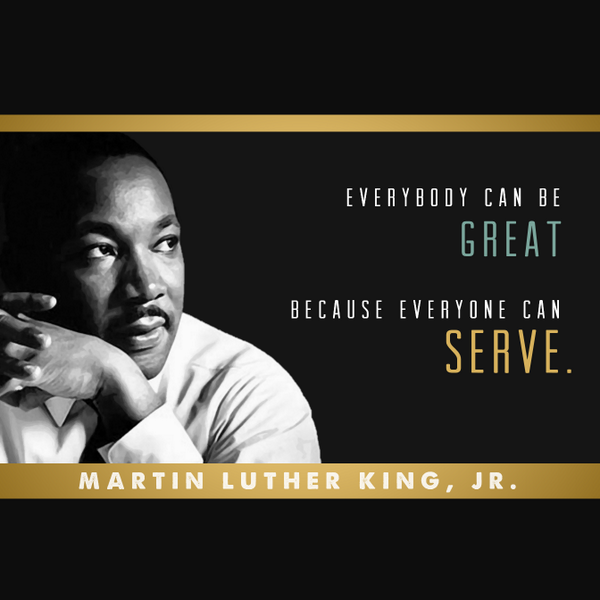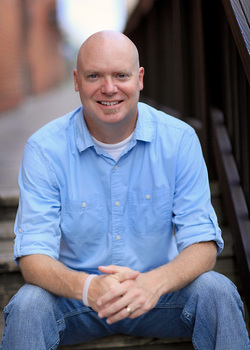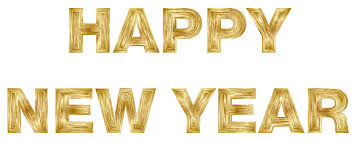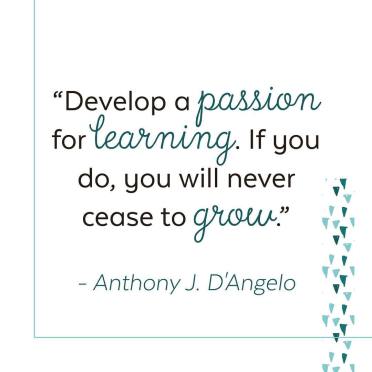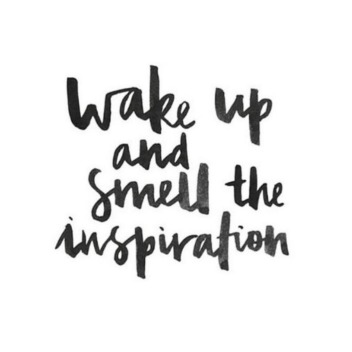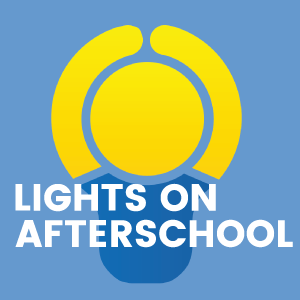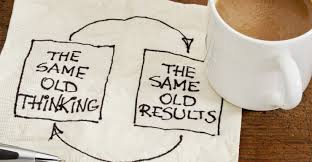
Do you ever have those days where, no matter what you try, you just cannot get your mind to focus on the task at hand? You know the tricks…make a list, take a walk, grab a snack. You’ve tried them all and none of them have helped. Regardless of the method, you just cannot clean up the mess in your brain in such a way that allows you to get something done.
Welcome to my world today.
For whatever reason, I have not been able to settle my mind on one topic for this week’s What If blog. I have plenty of ideas but I can’t get to a place that will allow me to expand a thought enough for it to be helpful to you, the reader. So, you will get a little peek into the chaos that is my mind this week. (Scary!!)
Here are a few thought provoking “What If…?” questions for you. We would love to hear your responses to any of these questions in the comment section below. Happy thinking!!
- What If we are intentional about paying attention to the health of our students (physical, mental, emotional, and relational)? What would that look like in your afterschool program?
- What If, instead of complaining about parents, we did all we could to support them through our afterschool program? Think about how much you complain about parents versus how much you do to support positive parenting. What do you need to change?
- What If we pay attention to the small victories every day? Sometimes it’s easier to see the incremental progress than it is to see the overall forward movement. Look for the “wins” on a daily basis.
- What If we recognize the magnitude of the opportunity to have a positive impact in a young life? Children are often a parent’s most prized possession. It is a great privilege for us to be able to serve students and families. Understanding this privilege can sometimes be motivation to get through the daily grind.
- What If self-care for our staff became a part of our program culture? What do you have in place to help staff take care of themselves? What are you doing to create a positive work environment?
- What If you could ask for programming resources you would like to have? What would you ask for?
There you have it, a glimpse into my distracted mind this week. I hope you have been pushed to think a little today. As I said, we would love to see your thoughts on these “What If…?” questions posted in the comments below.
